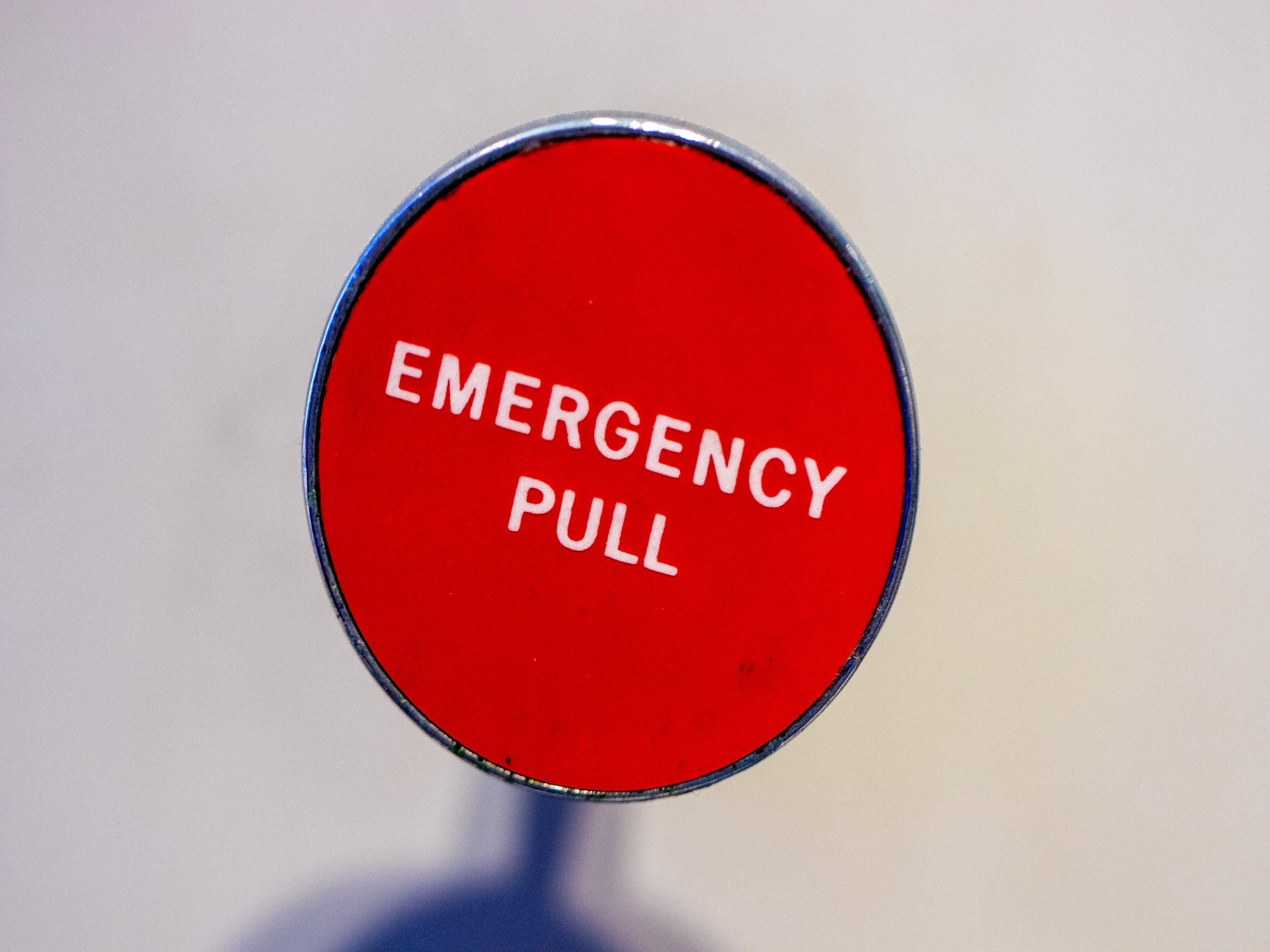The Coronavirus has spread rapidly, resulting in nearly 3000 deaths at the time of writing. The virus could lead to a crisis on a global scale. The reaction to the outbreak reflects the threat the virus poses to human life. The climate crisis doesn’t inspire the same sort of reaction. Day to day you can carry on with life as you’ve always done, without repercussions. The climate crisis threatens the very existence of humanity, it doesn’t get any more serious than this. So what’s with the muted reaction? Here are six reasons the climate crisis continues to be considered an afterthought.
The Coronavirus isn’t the first viral outbreak — it is the first climate crisis
The Spanish Flu in 1918 killed 50 million people. We’ve learned the hard way from previous viral outbreaks about how best to deal with them. We’re also aware of just how deadly and catastrophic pandemics can be. To put the Spanish Flu into context, it killed more people then The First World War preceding it.
Pandemics (the Coronavirus is still considered an epidemic) tend to happen once a lifetime. The Coronavirus may be that once in a lifetime virus.
A climate crisis on a global scale has never happened before. This isn’t a once in a lifetime event, it’s a once in the course of humanity type of event. There’s no prior experience of how to deal with this sort of challenge. With no guide or manual, it feels very much like we’re a rabbit in the headlights.
We know how to deal with the Coronavirus — we don’t know how to deal with the climate crisis
We know how to deal with the Coronavirus to ensure it doesn’t spread out of control. That’s not to say it’s easy to contain but if someone contracts the virus we know they need to be isolated. There’s a cause and effect between the problem and the solution. The vision of success is clear, wipe out the virus. This allows for effective planning.
Things aren’t so simple with the climate crisis. The crisis is all-consuming. It affects everyone and everything. And yet we have no clear vision of what a future world where the climate crisis has been dealt with looks like. Without a cohesive strategy on how to deal with global challenges confusion seems to be the order of the day. A paralysis has overcome humanity, with little clarity or agreement over what needs to be done to avert a crisis.
The Coronavirus feels like a crisis — the climate crisis doesn’t
It’s unknown just how many people have contracted the Coronavirus so far. The virus could kill thousands of people. The threat requires an urgent response. There are very real and stark consequences of not dealing with the virus effectively, people will die.
Changes to the climate happen slowly. Being told average temperatures could increase by X amount in 2100 doesn’t evoke the same feeling an immediate threat does. It doesn’t feel like a crisis, resulting in a half-hearted response.
The Coronavirus is a reactive situation – the climate crisis is a proactive one
We’re brilliant in reactive situations when there’s a direct threat. The Coronavirus is an illustration of this. Just look how quickly we’re dealing with the epidemic.
On the other hand, we’re terrible at being proactive. The climate crisis will cause debilitating problems in the future, but as there’s no immediate threat, it’s just not being prioritised.
This may well have to do with survival instincts. When we feel threatened fight or flight kicks in, resulting in an effective reaction to an immediate threat. An existential threat in the future doesn’t provoke the same reaction.
You can advise on the Coronavirus — there’s no such advice for the climate crisis
There are specific steps we can take to reduce the risk of contracting the virus. The ‘do’s’ and ‘don’ts’ can be articulated by signposting. People can follow steps to make sure they don’t get infected. The incentive to follow guidelines is strong, as there’s a direct link between changing behaviour and reducing the risk of infection.
How do you signpost to encourage behaviourial changes allowing us to deal with the climate crisis? What needs to change is society itself and the underlying belief systems creating the crisis in the first place. No sign-posting is going to lend itself to creating radical social change.
The threat is being caused by a virus — we’re the cause of the climate crisis
Viruses are natural, we all get them, and suffer as a result. There’s no conflict in dealing with the challenge the outbreak presents. Everyone benefits from containing the virus.
We are responsible for the climate crisis. Some countries and companies are more responsible than others, but they aren’t willing to accept responsibility and change their behaviour.
In many cases, there’s a conflict of interest between dealing with the problem and maintaining business interests. Research suggests only 100 companies are responsible for 71% of global emissions. These companies are unwilling to take responsibility for the crisis as this would impact their competitiveness, something they’re unprepared to risk.
We’re not all in it together. Some people or companies have far more to lose than others.
It will be too late to deal with the climate crisis when it feels like a crisis
When the crisis actually feels like a crisis, it will be too late to react. We need to implement policies now, to ensure we’re prepared for what lies ahead. Unfortunately, it feels like the climate crisis is unique in disabling us from reacting effectively.
The Coronavirus brings uncertainty in the short term, and our response is reflective of the threat. Imagine the progress we could have made if we had reacted to the climate crisis with the same level of urgency?
Unfortunately, the only certainty we have about the climate crisis is things are going to get a whole lot worse, but we’re not doing anything about it.



